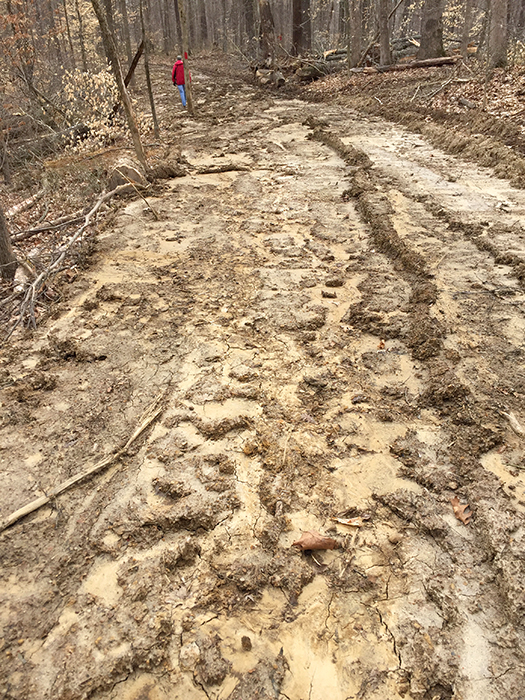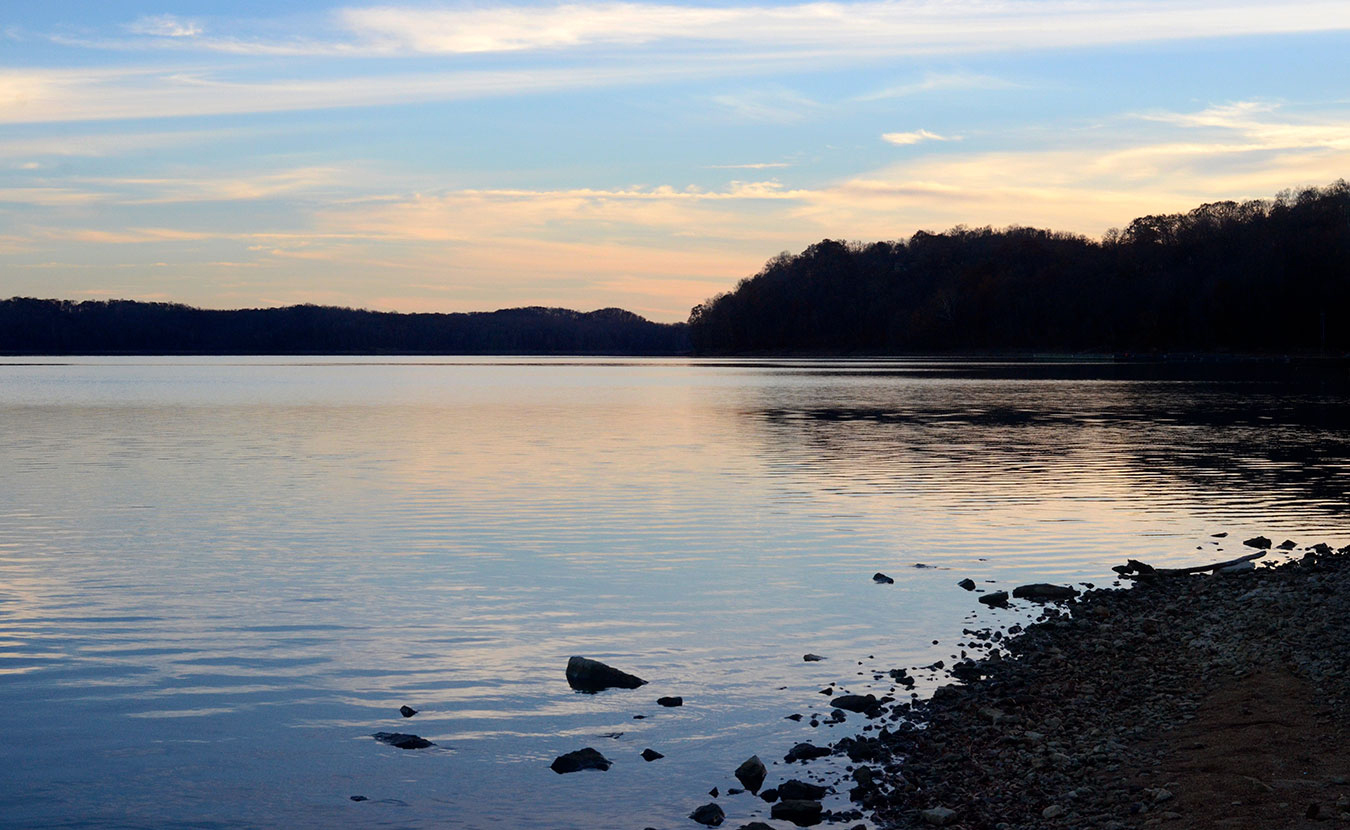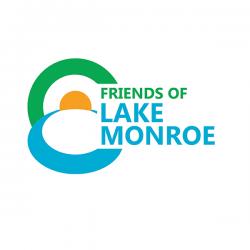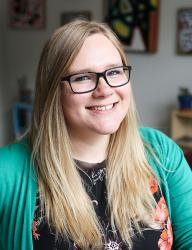[Editor’s note: Advocacy group Friends of Lake Monroe wrote a letter to Limestone Post in response to the article “Property Rights, Public Good, Campaign Contributions” by Susan M. Brackney. In the letter, they argue that the article did not go far enough to address the public’s need for clean water, among other issues. Here is their letter.]
We appreciate your work to highlight the people in our community and the environment we live in and are pleased that you published an article on Indiana House Bill 1289 (HB 1289). We understand it is hard to cover every facet of an issue. However, there are a few important things about this bill that were not emphasized in the article.

Logging can cause erosion and runoff, as it is here in Yellowwood State Forest. | Limestone Post
The article simplifies the situation as a neighbor versus neighbor issue when, in fact, there is a broad public good to consider. Our governments must balance the public’s need for clean water for drinking and recreation with the extraction of natural resources on private property. Creating this balance could and should include meeting reasonable environmental safeguards. HB 1289 would strip Monroe County government of the ability to regulate logging and other mineral extraction activities on private lands.
Without our current safeguards, Lake Monroe’s watershed in Monroe County could be subjected to uncontrolled erosion leading to siltation and algal blooms. Currently, algal blooms occur in Lake Monroe on an annual basis, leading to recreational advisories at the beaches and contributing to toxic disinfectant byproducts in our drinking water. In other areas, uncontrolled algal blooms have led to bans on swimming and drinking the treated water.
More than 120,000 people in the Monroe and Brown County area, including Indiana University, rely on Lake Monroe for drinking water. One million people visit Lake Monroe each year, fueling local economies and creating jobs in Monroe, Lawrence, and Brown counties. Private land is adjacent to approximately one-half of the Lake Monroe shoreline and thus is a significant factor in managing the watershed.
Second, we argue that local governments are best suited to make the tradeoff of private landowner rights versus the public good. Local government is closest to and most responsive to these situations. They, not a state legislature, should be making these decisions. The State Senate Natural Resources Committee would not hear the House bill for that exact reason.
We would also like to point out an error in the next to last paragraph, which states that the recent court injunction to halt timber removal via certain easements reflected “the tension between private rights and the public good.” In fact, this injunction merely ruled on a point of law regarding the nature of the easement and did not take the public good into account.
By highlighting Rep. Jeff Ellington’s complaint about local government impinging on the rights of local landowners without fully disclosing what the tradeoffs are, the author missed the opportunity to bring the full issue into focus.



